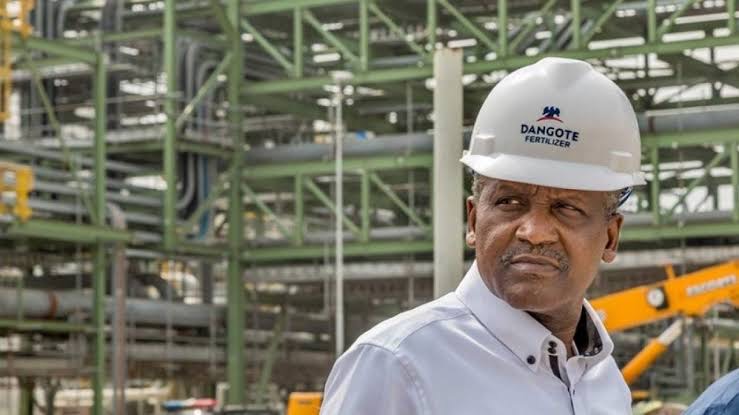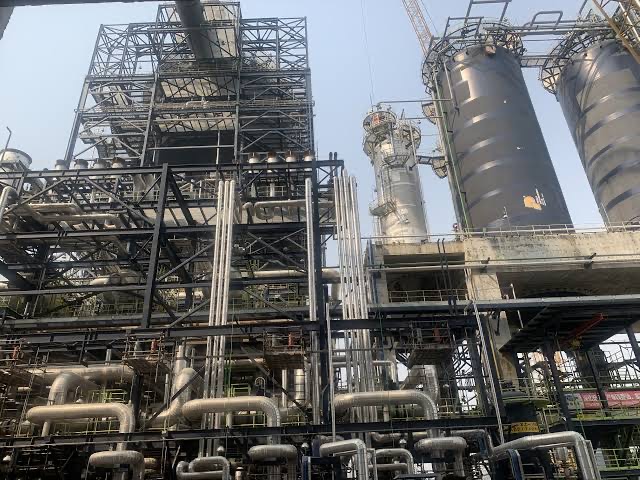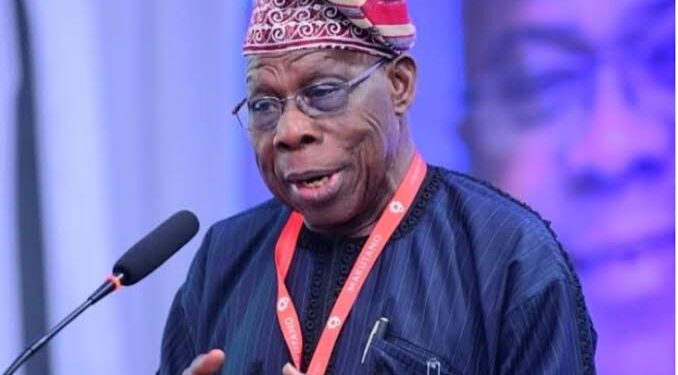Former President Olusegun Obasanjo has stated that the individuals benefiting from the lucrative business of fuel importation are likely to make concerted efforts to frustrate the Dangote Petroleum Refinery. Obasanjo’s comments come in the wake of allegations made by the President of the Dangote Group, Alhaji Aliko Dangote, that certain ‘mafias’ are working to impede the progress of the $20 billion refinery project.
It has been reported that the multi-billion dollar refinery and other domestic refineries have yet to purchase crude oil in the Nigerian Naira, despite the directive issued by President Bola Tinubu to the Nigerian National Petroleum Company Limited.

In a recent interview, the former President described the Dangote refinery as an initiative that should serve to encourage both Nigerians and non-Nigerians to invest in Nigeria. Obasanjo stated, “Aliko’s investment in a refinery if it goes well, should encourage both Nigerians and non-Nigerians to invest in Nigeria. If those who are selling or supplying refined products for Nigeria feel that they will lose the lucrative opportunity, they will also make every effort to get him frustrated.”
Officials of the Dangote Group have recently expressed concerns that international oil companies are frustrating the refinery’s operations by refusing to sell crude oil or by selling it at a premium of up to $4 above the normal price. The Nigerian Midstream and Downstream Regulatory Authority has been accused of deliberately granting licenses to individuals to import inferior fuel.

However, the regulator has denied these allegations, stating that the Dangote diesel is inferior when compared to the imported fuel. The NMDPRA Chief Executive, Farouk Ahmed, has also stated that the country will not cease fuel importation in order to avoid a monopoly by the Dangote Group.
Former President Obasanjo has expressed his views on the country’s economic development, stating that Nigeria made a “very, very deadly mistake” by focusing solely on the oil sector and neglecting gas and agriculture. He recalled how he had tried to persuade Shell to manage the country’s refineries, but the International Oil Company had refused, citing the high levels of corruption in the sector.


































